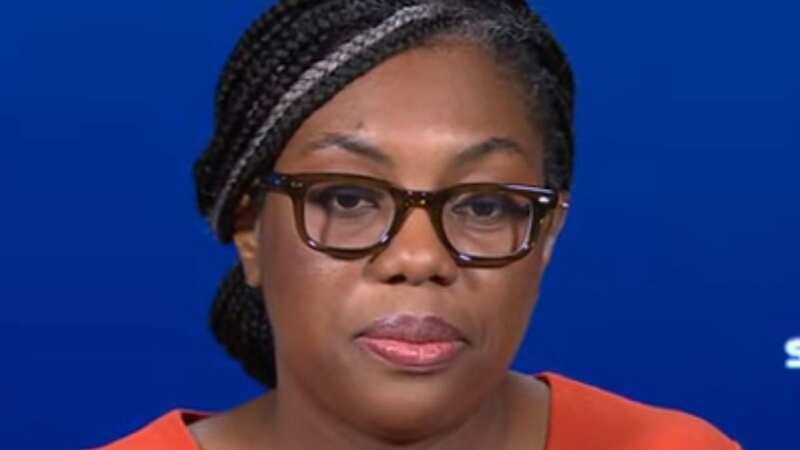

Trade Secretary Kemi Badenoch has denied that trade talks with Canada have "broken down".
She said "multiple discussions" are still happening, despite disagreements over beef and cheese causing a pause in negotiations. Liam Byrne, Labour chairman of the Business and Trade Committee, voiced worries about UK car exports facing tariffs.
But Ms Badenoch responded: "This is a good opportunity for me to state explicitly: talks have not broken down. There are multiple discussions that we are having with Canada.
"One cheese, where we have not come to an agreement, however, the quotas that we have in CPTPP (Comprehensive and Progressive Agreement for Trans-Pacific Partnership) with Canada... are more than what we are selling to Canada at the moment... so we are not particularly concerned about that, although it is disappointing. We have a rules-of-origin discussion that is ongoing. And we have an FTA discussion, which I have paused, for reasons which he will know."
She added: "Trade is very dynamic. There are some issues which we are negotiating and discussing with our partners which we have differences of opinion, and there are others which are going swimmingly. This is not a reason for us to cast aspersions on our trade relationships with those countries."
 Teachers, civil servants and train drivers walk out in biggest strike in decade
Teachers, civil servants and train drivers walk out in biggest strike in decade
In the Commons, during the second reading debate for the Trade (Comprehensive and Progressive Agreement for Trans-Pacific Partnership) Bill, the MPs had this exchange. According to this bill, measures are provided to ensure the UK will comply with international obligations when it joins the CPTPP.
A total of 11 countries, including Canada, makeup the existing CPTPP trade bloc. Ms Badenoch said joining the partnership will "boost" the flow of goods and services to these countries, "leaving over 99% of UK products eligible for zero tariffs", creating "many opportunities". Nonetheless, Gareth Thomas, the Shadow trade minister, stated Labour would not oppose the bill at its second reading.
"We support accession," he said, adding: "We have concerns about the Bill and we will be seeking additional safeguards." He said there "are benefits" to accession to CPTPP but hinted the Government "exaggerates the significance" of the Bill.
Questioning the details, Mr Thomas asked why the Bill includes "changes to how foreign record labels and foreign recording artists qualify for payment rights" which "could cost millions of pounds to British artists over the next decade"? He added: "What it looks like is that ministers are trying to sneak through changes to rules that are at best only loosely related to CPTPP."
Liberal Democrat trade spokesperson Sarah Green was also on alert, saying: "The UK has one of the best intellectual property regimes in the world. It is therefore understandable that businesses and creators who depend on strong IP rights and play a vital role in our economy want assurances from the Government that the UK's accession to CPTPP will not have an adverse impact on them." she added.
She pointed out: "If I've understood correctly, the Bill would extend payment rights or equitable renumeration to foreign artists who perform in the UK without ensuring reciprocal arrangements for UK artists who perform in these countries. This seems perverse."
Trade minister Greg Hands declared: "On performers' rights, we expect the practical impact here to be small. The IPO (Intellectual Property Office) is carrying out a consultation on how it will be implemented."
The Bill sailed through its second reading without opposition and will face further examination at a later date.
* An AI tool was used to add an extra layer to the editing process for this story. You can report any errors to webhomepage@mirror.co.uk